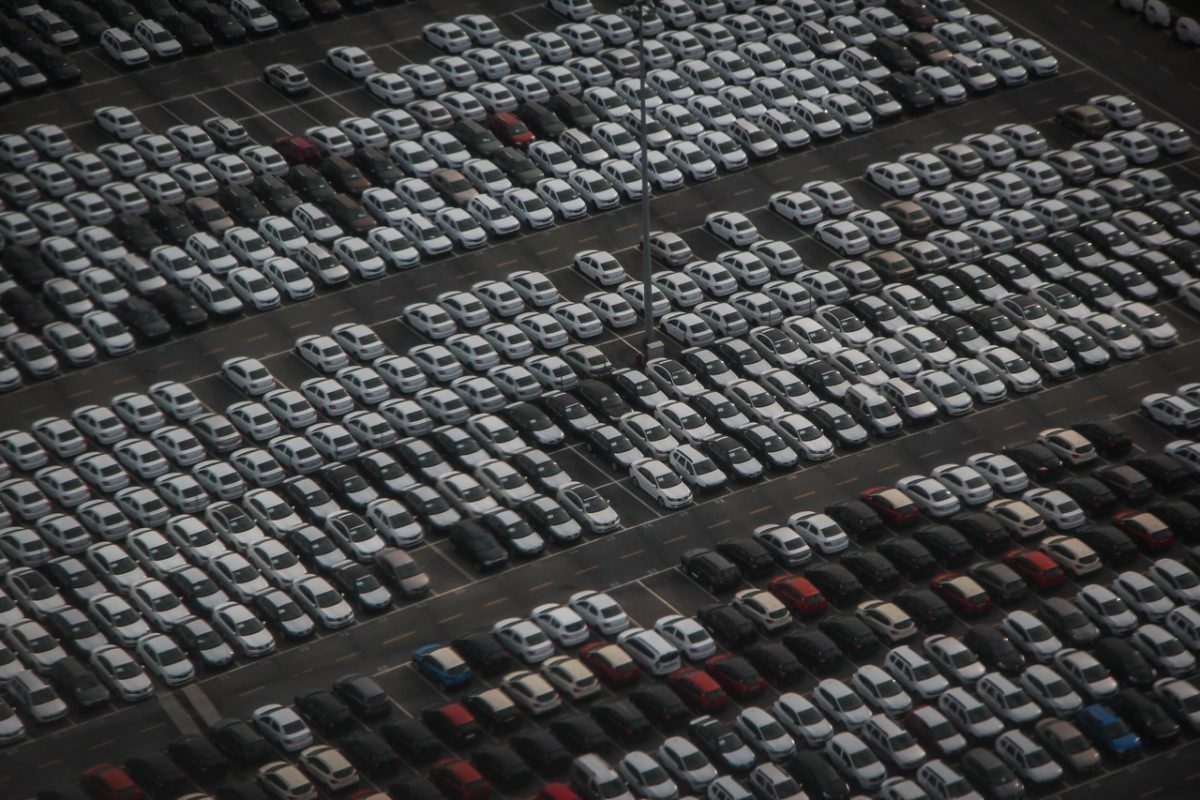Momentum Continues To Build In New Vehicle Sales
New vehicle sales continued to build their momentum during June, despite the continued impacts of the pandemic on the industry and the country’s economy. Lebogang Gaoaketse, Head of Marketing and Communication at WesBank shares details.
New vehicle sales continued to build their momentum during June, despite the continued impacts of the pandemic on the industry and the country’s economy. A year ago, the market was under Alert Level 4 lockdown regulations, a position the country once again enters with adjusted restrictions.
“While the majority of sales during June were not severely impacted by COVID-19 restrictions, we should expect a returned level of hesitancy during July,” says Lebogang Gaoaketse, Head of Marketing and Communication at WesBank. “Both business and consumer confidence are certainly building their own momentum despite the current environment, which is providing continued energy into the slow recovery of the market.”
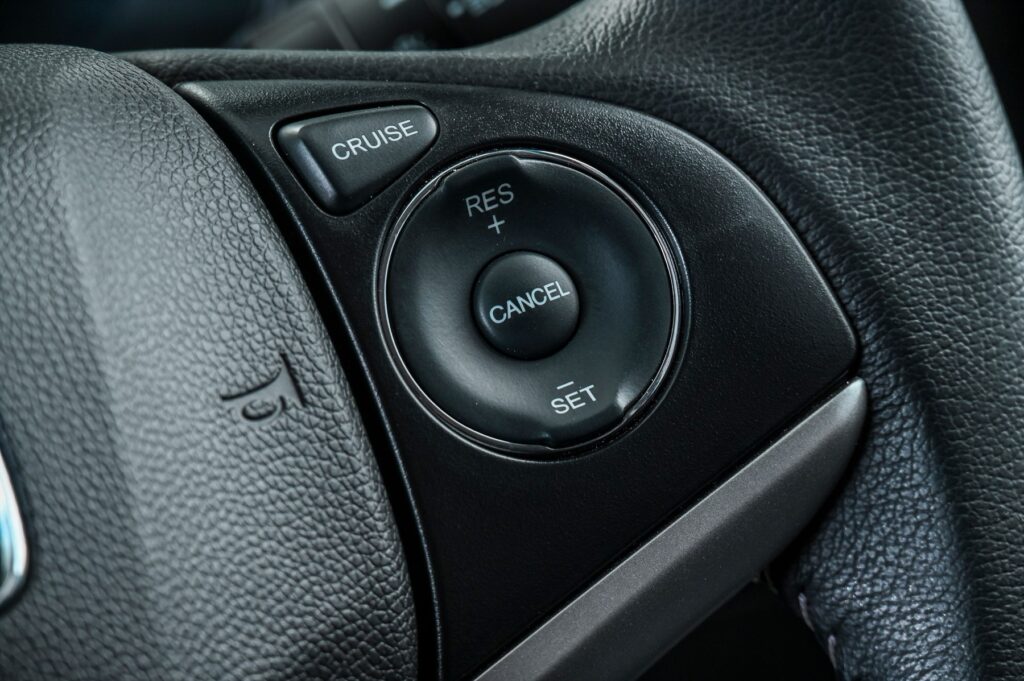
The apparent stability in the market is reassuring given the consistency in sales over the past two months
– Lebogang Gaoaketse, Head of Marketing and Communication at WesBank
New vehicle sales in June were marginally down on May’s figures according to naamsa | the Automotive Business Council, a more reflective indication of sales than considering the 20.2% growth year-on-year. June sales registered 38,030 new vehicles compared to the 38,320 in May and 31,643 in June last year. A further consideration is the more sombre fact that last month’s sales are 17.2% down on June 2019 sales.
“The apparent stability in the market is reassuring given the consistency in sales over the past two months,” says Gaoaketse. “In 2019, the market was particularly volatile, yet our trading conditions now are equally as unpredictable.”
The passenger car segment accounted for 24,482 units, 28% up year-on-year and marginally higher than May sales. The segment was bolstered by 2,565 units into the rental market, which is significant given the appetite for renewals in the fleet industry. By comparison, consumer demand was relatively softer, the dealer channel up 15.2% year-on-year, although stable compared to May.
Light Commercial Vehicle (LCV) sales were 5.9% down to 11,208 compared to last month, but up 9.6% year-on-year. Dealer sales in the segment were similarly lower, 5.1% down.
People’s transport considerations are evolving, and both the country and the industry need to maintain the pace in an exciting mobility age.- LEBOGANG GAOAKETSE, HEAD OF MARKETING AND COMMUNICATION AT WESBANK
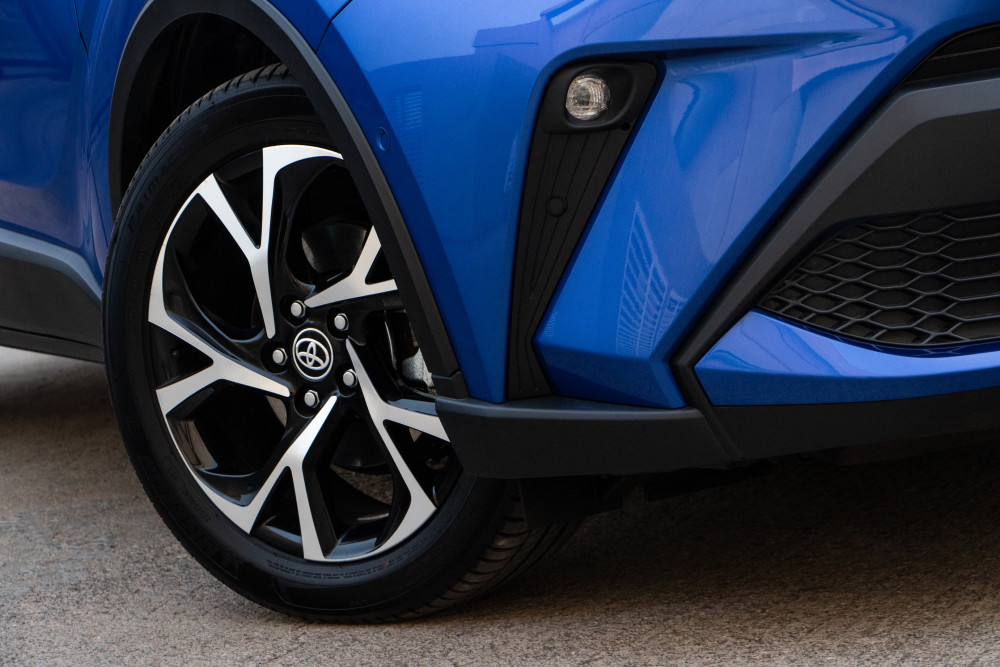
“Stock shortages continue to have some impact on overall sales as manufacturers continue to manage demand versus supply on imports and availability of production, while local manufacturing continues to experience some parts supply challenges,” says Gaoaketse. “However, year-to-date sales remain reassuring as the market continues its slow recovery.”
First-half sales were 227,440 units, an increase of 40.1% compared to the first half of 2020 within the context of locked-down sales during March and April last year.
Year-to-date sales remain reassuring as the market continues its slow recovery.
– LEBOGANG GAOAKETSE, HEAD OF MARKETING AND COMMUNICATION AT WESBANK
“The industry continues to consider the Aftermarket Guidelines, which come into effect today, as well as important considerations of the protection of personal information,” says Gaoaketse. “People’s transport considerations are evolving, and both the country and the industry need to maintain the pace in an exciting mobility age.”
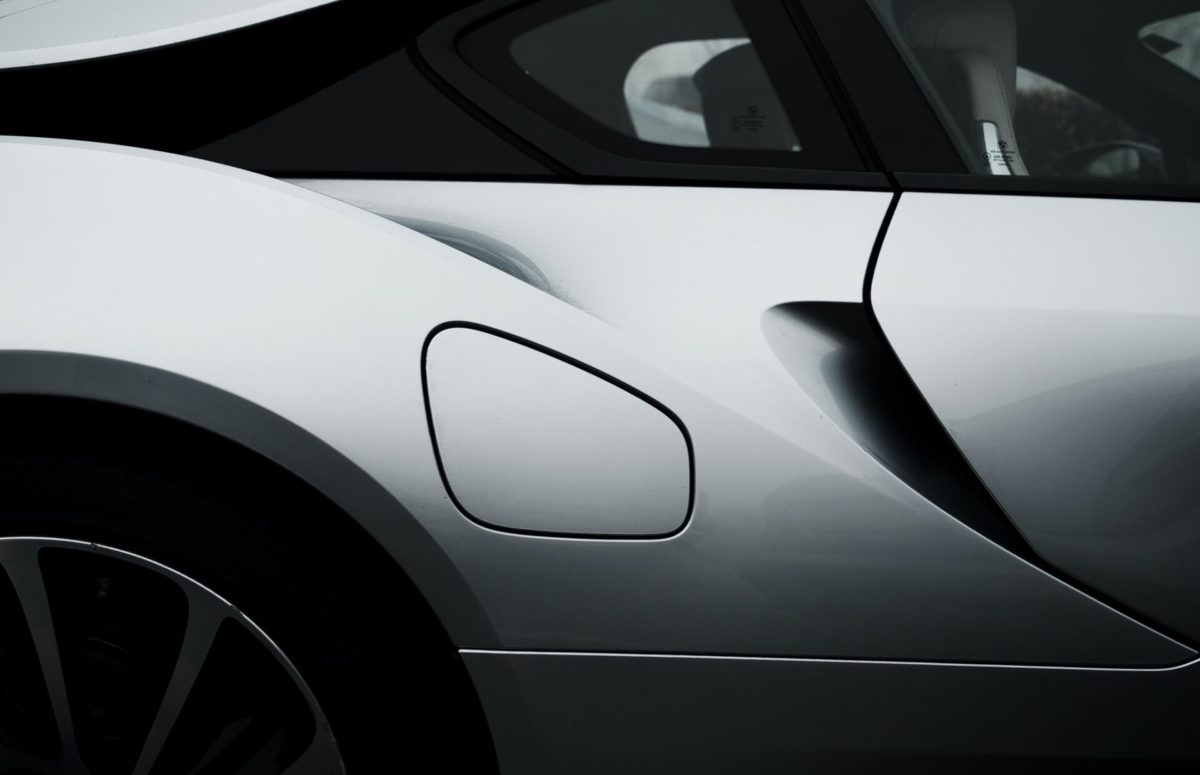

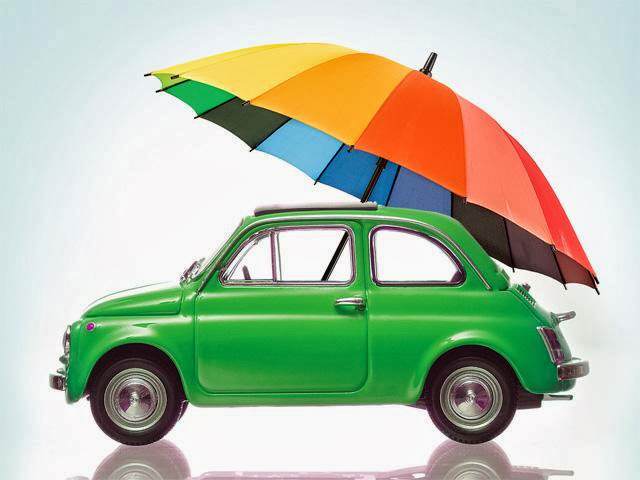
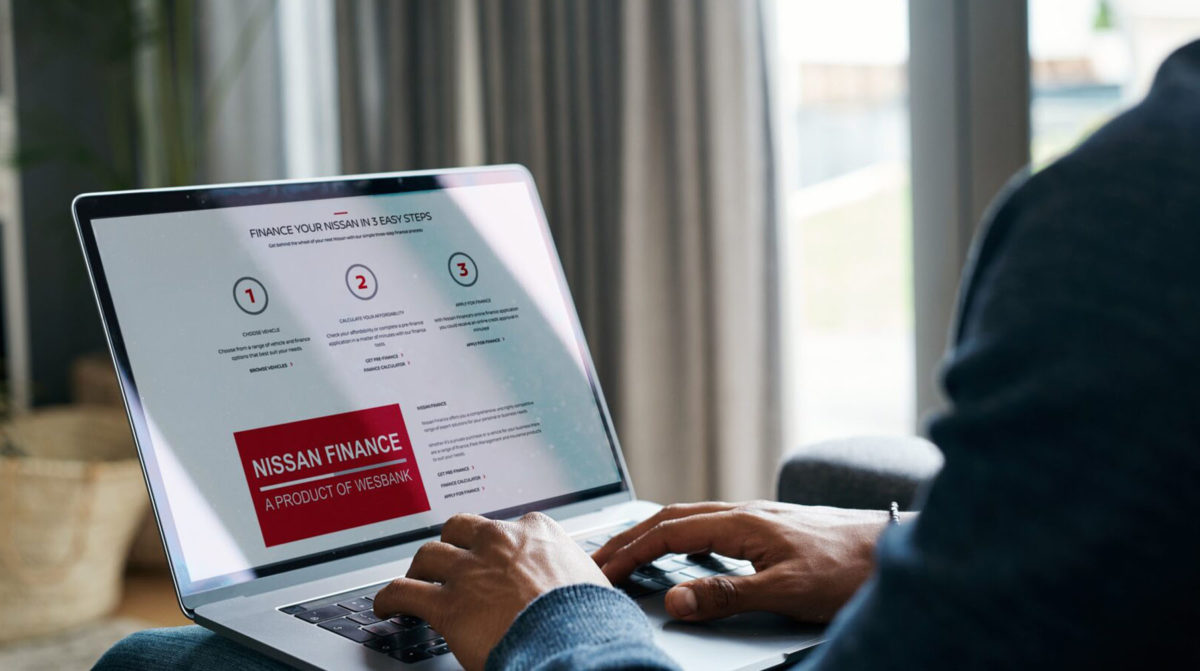

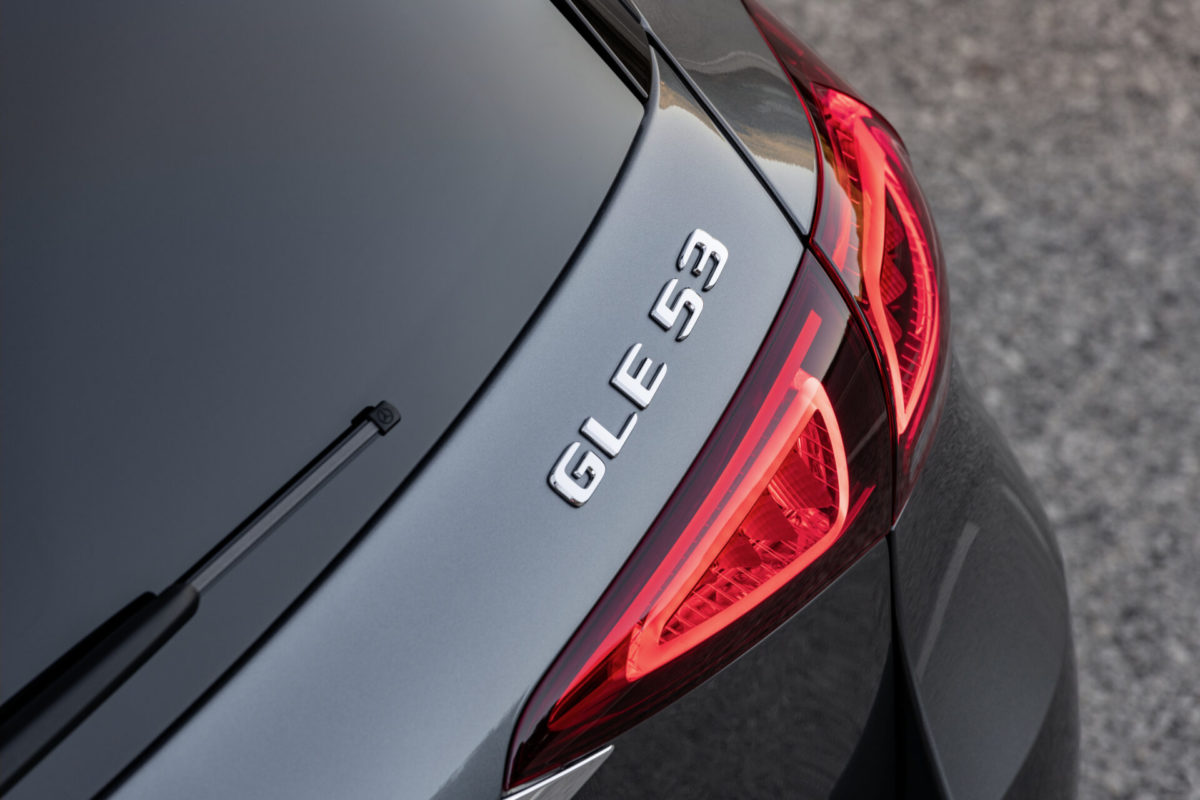

 According to naamsa, the Automotive Business Council, March sales recorded 44,217 new vehicle sales. Compared to March last year, this represents a 31.8% increase in sales year-on-year, although the downtrodden March 2020 performance should be critically considered.
According to naamsa, the Automotive Business Council, March sales recorded 44,217 new vehicle sales. Compared to March last year, this represents a 31.8% increase in sales year-on-year, although the downtrodden March 2020 performance should be critically considered.

